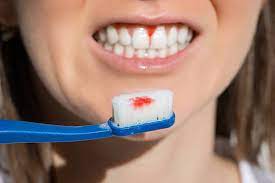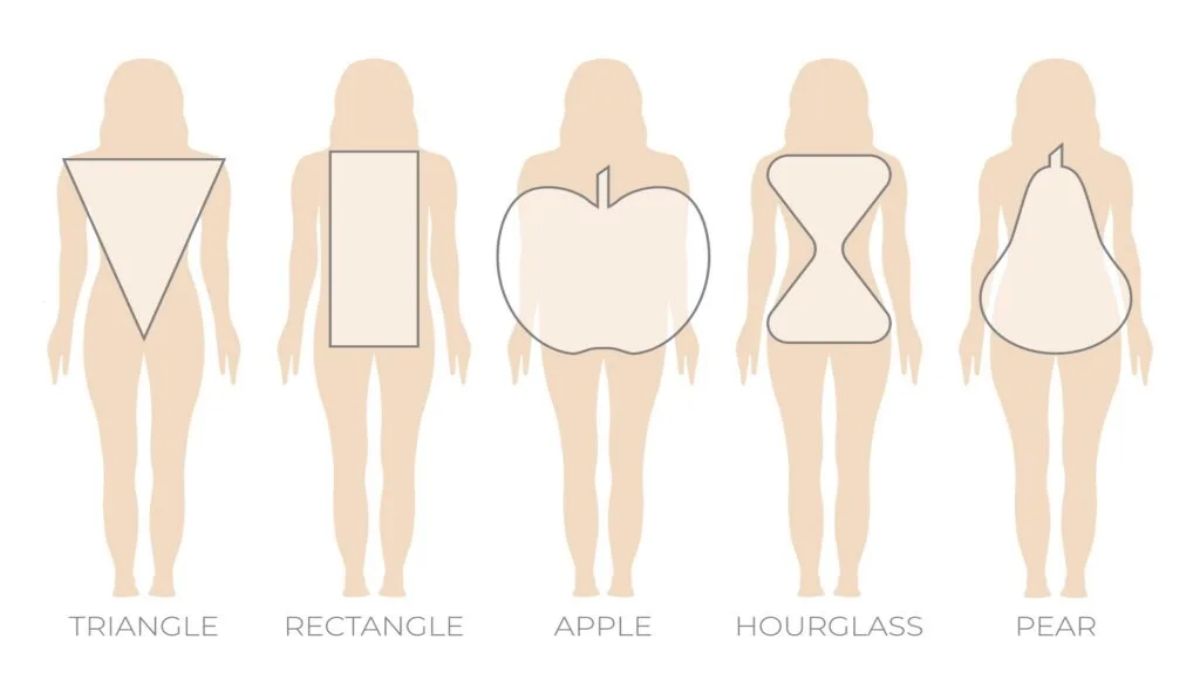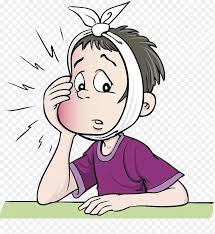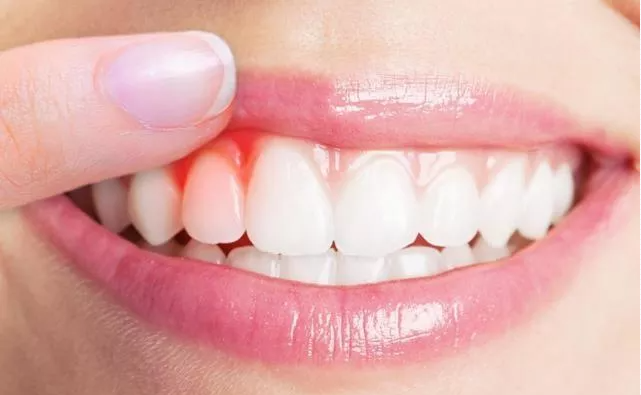How to relieve migraine after tooth extraction and its causes
By Jason 14 Mar,2024
OTHER NEWS
-
- Should I continue brushing if my gums bleed?
- By Dr. James 21 Mar,2024

-
- Eating these foods can help bone fracture patients recover their health
- By Jason 05 Mar,2024

-
- How to relieve migraine after tooth extraction and its causes
- By Jason 14 Mar,2024

-
- The cause of abdominal bowel sounds
- By Jason 05 Mar,2024

-
- SUMMER DRESSES FOR DIFFERENT BODY TYPES
- By Fatima Amir 08 May,2024

-
- 5 Non-surgical Beauty Treatments for Better Skin
- By Fatima Amir 07 May,2024

-
- 6 Yoga Postures for Staying Fit in your 60s
- By Fatima Amir 17 May,2024

-
- How to Alleviate Lower Back Pain Through Diet
- By Jason 05 Mar,2024

-
- Life Insurance for Different Life Stages_ What to Consider.docx
- By Prodosh Kundu 14 Aug,2024

-
- Possible causes of facial swelling
- By Jason 06 Mar,2024

-
- Questions to Ask your Doctor after Menopause and Health Chechups
- By Fatima Amir 23 May,2024

-
- Things You Need to Know About Gum Bleeding
- By Dr. James 21 Mar,2024

 1
1 1
1